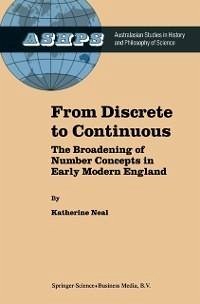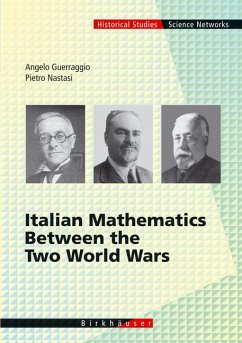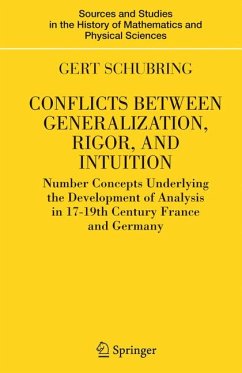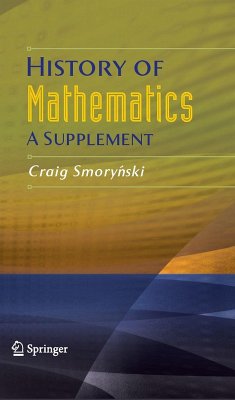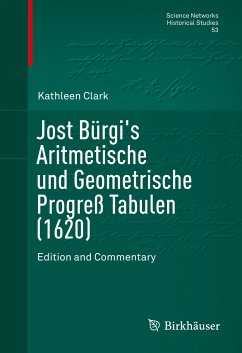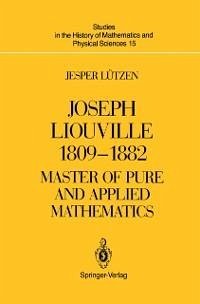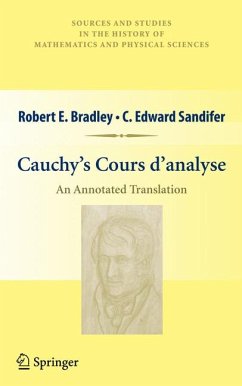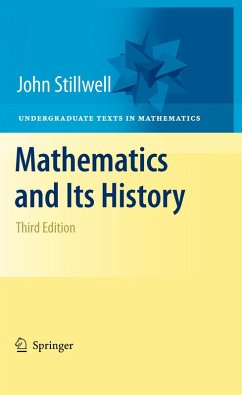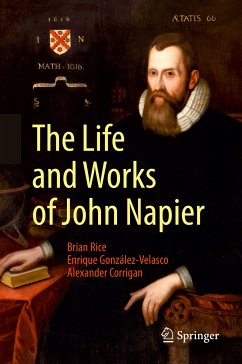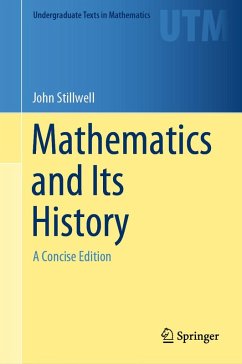
Two Millennia of Mathematics (eBook, PDF)
From Archimedes to Gauss
Versandkostenfrei!
Sofort per Download lieferbar
64,95 €
inkl. MwSt.
Weitere Ausgaben:

PAYBACK Punkte
32 °P sammeln!
This book is a collection of inter-connected topics in areas of mathematics which particularly interest the author, ranging over the two millennia from the work of Archimedes, who died in the year 212 BC, to the "Werke" of Gauss, who was born in 1777. The book is intended for those who love mathematics, including undergraduate students of mathematics, more experienced students and the vast unseen host of amateur mathematicians. It will also be a useful source of material for those who teach mathematics.
Dieser Download kann aus rechtlichen Gründen nur mit Rechnungsadresse in A, B, BG, CY, CZ, D, DK, EW, E, FIN, F, GR, HR, H, IRL, I, LT, L, LR, M, NL, PL, P, R, S, SLO, SK ausgeliefert werden.



